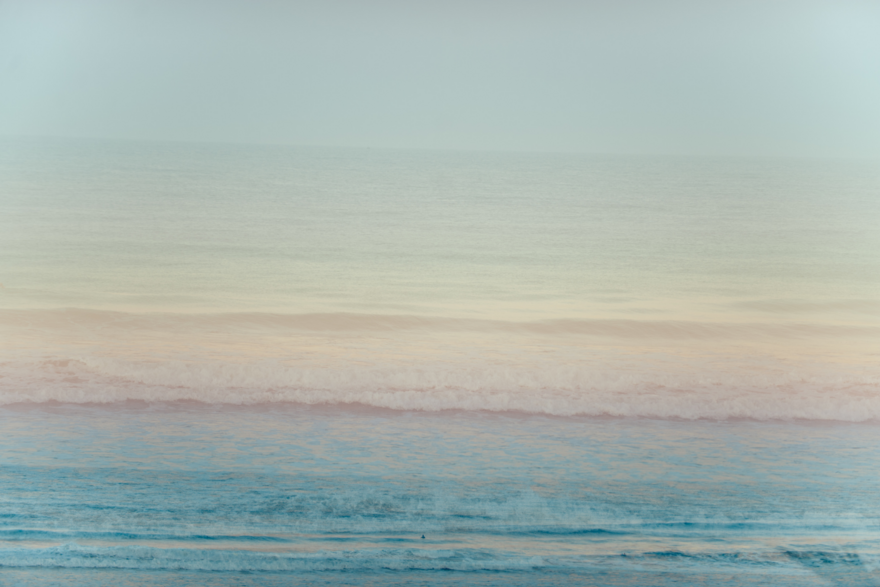White space.

I’m finding less language-free time these days, and I’m worried about it. I blame my iPhone, and universal wifi zones. It used to be that times of transition – sitting on the streetcar, waiting in the grocery line – were places where ideas would come to me most often. But now I check my Instagram feed whenever I have a spare moment.
I’ve been asking people lately about their writing practice, and I see that I’m not the only one who is suffering from distraction overload and thought burnout. I spoke to a writer who admitted with sadness that she fears she’s getting “dumber” as she gets older, that her sentences aren’t as textured as they used to be. A poet confessed that she is finding it difficult to focus when reading dense prose, and the essays she used to love. We’re writers! If we can’t write and read and focus, who can? Why are our brains so tired?
We are suffering from a lack of white space.
White space: time spent doing nothing. Staring into space. Watching steam from your teacup, watching waves lap at the shore, listening to the wind through tree branches.
Are you smirking right now? Time spent staring into space! Listening to wind! Waves lapping at the shore!
I’m deeply serious. When was the last time you gave yourself time to practice looking? When was the simple and undistracted act of seeing your main focus? (Note: watching the cat playing piano on YouTube does not count.)
It’s going to be very difficult to drop in to the state of mind you need for writing if you haven’t experienced any true blankness for at least a week (or longer). How can you have that gorgeous, rich feeling of having images come to you as you write, if you haven’t given your mind any time or space for insight?
When Hannah and I got together to discuss and schedule our digital offerings and projects for the year, wise Hannah proclaimed “white space” as she whittled down my ambitious to-do list. It was my first introduction to the term in this way. I love it. I used to call blankness “moodling” (a term borrowed from Brenda Uleland) but I like white space even better. And I have learned the hard way that if I don’t put it in my calendar, it won’t happen.
In a short story, a white space is placed between scenes to signal a moment of reflection. It’s there to give you a moment to digest the scene that just finished, and it often makes that last sentence before the space ring out with effect. You can linger there as long as you like to make some sense of what you just read.
The white space lets you linger so you can experience what just happened.
See the curve of that ladle as it poured out the tomato soup. Stay there: really see it. Listen to the man in the store say “Let it go,” and stay in the scene for a moment. Listen to him say it again, before you move on to the next scene. Hear the nuance in the phrase. The white space in a story gives you permission to experience a moment.
Do you have any white space in your life?
We will not be able to write well if we don’t have it. And it’s harder than ever to find it naturally right now. We must make it. Our hungry devices will take all of our white space from our days, if we let them.
xo,

ps: Here are two helpful tools I use to create white space in my day.
iPhones have a Do Not Disturb function in the settings now. You can automatically set your phone to regularly leave you alone during whatever times you like. I love it because once I set it, I can stop thinking about it – it’s scheduled every day, so it’s thought free, decision-free.
Freedom is software you use to schedule your daily Internet-free writing time (if you are using your computer for writing). It locks you out of the Internet for as long as you want, so you can work on your document without the temptation to check your inbox, get that one email out, or tell Facebook what you’re working on. Plus, all the cool kids use it: Zadie Smith, Miranda July, and Dave Eggers are all on Freedom.
What else works? How do you protect your time? In the comments, please share any links, tools or advice you use. Let this be a repository for writers who want to create white space.

22 comments
Leave a comment